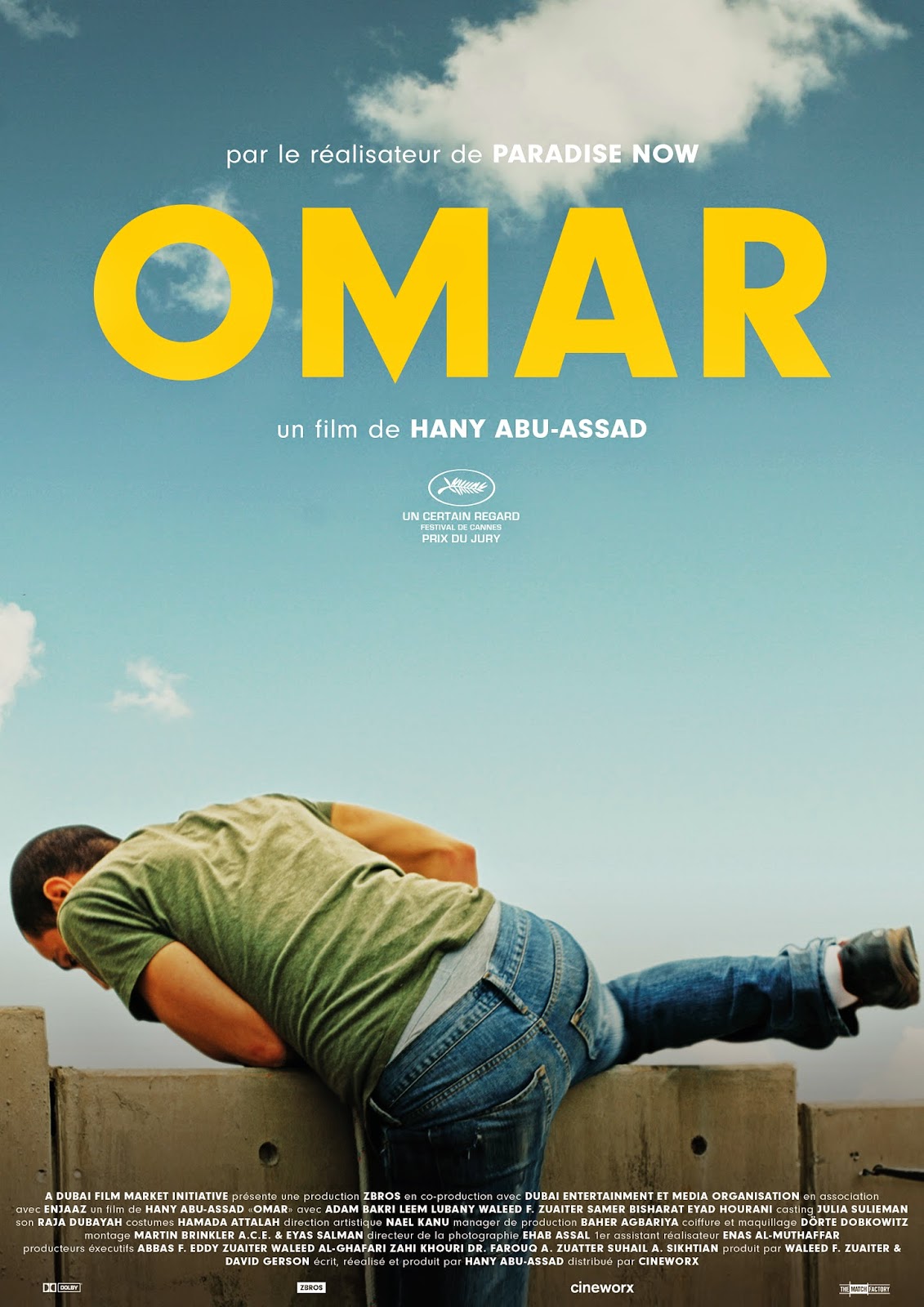
The global lockdown to contain the spread of COVID-19 has enabled innovative ways for people to stay connected, for political discussions to continue and for art to be shared. In this series, Palestine Film Institute (PFI), an upcoming national body “to support film productions from and for Palestine”, is streaming exciting and rich cinema that engages us and tells us stories in the voice of Palestinians. After having streamed the hilarious and evocative Wanted 18, the haunting Ghost Hunting and other films, last week the platform streamed Hany Abu-Assad’s Omar (2013).
Like Abu-Assad’s 2005 film Paradise Now, Omar also delves deep into the moral and psychic worlds of Palestinians living under Israeli occupation. The speed of the plot and the accompanying growing complexities ensure that you are always on the edge of your seat watching it. Omar, the eponymous lead character, is a young baker in a West Bank town whose everyday life intersects with and is ruptured by the Israeli occupation — just like everybody else. He has to scale and jump off the apartheid wall, which snakes across the occupied West Bank tearing apart towns and villages, schools and homes, to meet his childhood friends and girlfriend. This everyday act is filled with the danger of being caught by Israeli patrols. Tired of daily humiliations, Omar and his friends decide to attack an Israeli military camp and shoot dead a soldier. Omar is captured and imprisoned, and faces the tough choice between betraying his friends or facing a sentence of 90 years. What follows is a tense series of events driven by paranoia, mistrust, betrayal and relentless hope until there is none left.
One cannot miss the sense of suffocation the film evokes. Almost everything is happening indoors, in the shadows of walls or there are sequences of chasing and hiding. Secrets travel and every detail of Omar’s life is exposed due to relentless surveillance. The figure of the informer or the collaborator is a leitmotif, with everyone trying to gauge if the other is one. Occupation breaks people in this way, by planting constant doubt and paranoia- the sense of being watched, the possibility of being betrayed, and in the process being left embittered. Occupation eekes out compromises from everyone and through that fractures the sense of self. Even as Omar survives these assaults on his physical and psychic self, ultimately he is aware of the fact that it is the occupation that is responsible for tearing apart their land and their lives.
Palestine Film Institute is screening Rashid Masharawi’s Laila’s Birthday this week.




